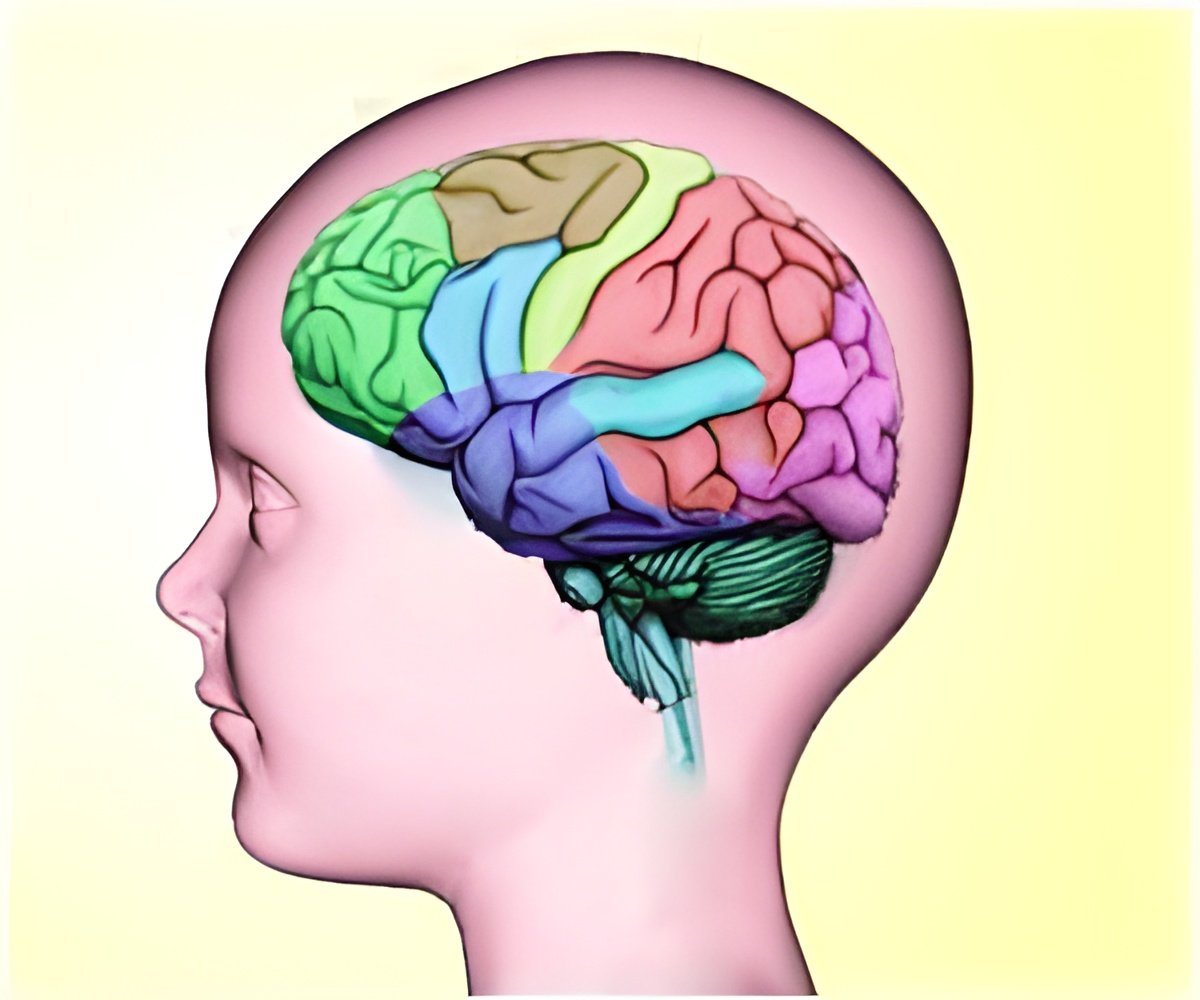
‘Improved detection of seizures with the new wristband devices can also improve the patients and caregivers' quality of life.’
Tweet it Now
New devices are needed for monitoring epileptic seizures, especially those that can lead to sudden death. While rare, "sudden unexpected death in epilepsy" (SUDEP) is the most common cause of death in epilepsy, and it often occurs at night.The gold standard for monitoring seizures video-electroencephalography is available in epilepsy monitoring units but is an impractical procedure for daily life use. Therefore, clinicians often rely on patients and caregivers to report seizure counts, which are often inaccurate.
In their attempts to develop a better monitoring method, Giulia Regalia, PhD and Francesco Onorati, PhD, of Empatica Inc. in Milan, Italy and Cambridge, Massachusetts, and their colleagues examined the potential of automated, wearable systems to detect and characterize convulsive epileptic seizures.
The researchers used three different wristbands to record two signals called electrodermal activity and accelerometer signals that usually exhibit marked changes upon the onset of convulsive seizures, obtaining 5928 hours of data from 69 patients, including 55 convulsive epileptic seizures from 22 patients.
The wristband detectors showed high sensitivity (95% of seizures were detected) while keeping the false alarm rate at a bearable level (on average, one false alarm every four days), which improves a pioneering 2012 study led by MIT professor Rosalind Picard, now chief scientist at Empatica.
Advertisement
"The present work provides significant improvements for convulsive seizure detection both in clinical and ambulatory real-life settings," said Dr. Regalia.
Advertisement
She noted that the wristband detectors do not require caregivers to be near patients continuously, which could significantly improve patients and caregivers' quality of life.
Source-Eurekalert














